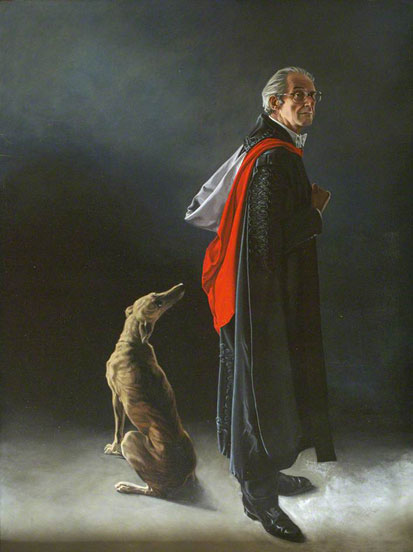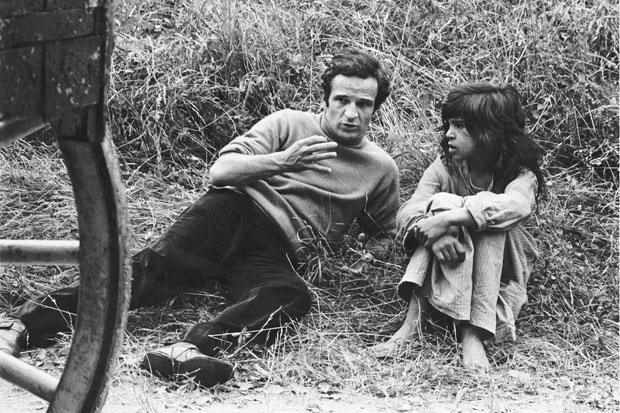Justin Cartwright is famously a fan of John Updike — and here he seems to owe a definite debt to one of his hero’s lesser known novels. In Memories of the Ford Administration, Updike interwove the sexual adventures of a 1970s history professor with substantial chunks from the professor’s notes on President James Buchanan, a man whose life Updike had earlier researched for his only play. In Lion Heart, Richard Cathar, an Oxford postgraduate and somewhat solemn philanderer, provides similarly lengthy extracts from his investigations into Richard I and the fate of the True Cross — which were also the subjects of a 2001 TV documentary by Justin Cartwright.
As for the philandering, Richie starts off enjoying the ‘sexual avidity’ of his girlfriend Emily, although not her conversation. Then, once his work takes him to Jerusalem, he’s soon having ‘gracious and unhurried’ sex with Noor, a gorgeous Palestinian journalist who’s later kidnapped, causing Richie to have a brief nervous breakdown — and, as a result, a fling with his psychiatrist. Next, with his quest for the True Cross making surprisingly good progress, he pitches up in France where the local expert is a young blonde widow…
For some novelists, these elements might be enough for one book. Cartwright, however, confirms his reputation for literary generosity by also supplying — among other things — a Middle-East travelogue, a touching portrait of male friendship and plenty of thoughts on the persistence of history, with particular reference to Muslim-Christian relations. There is, too, a huge and unrevealable plot twist that at first startles and then rather mysteriously fades away.
Taken individually, most of these elements work perfectly well. Yet, the puzzling question of what they’re all doing in the same novel becomes increasingly hard to ignore — even for the author. At times, he appears to suggest an overarching thematic link: that religion, sex, psychiatry and possibly literature all spring from the same irrational but inescapable desire to impose order on the chaos of life. At others, his line is more defiant: that fiction writing ‘is not about something. It is the thing itself.’
Elsewhere, though, he seems to come curiously close to satirising his own book. After his breakdown, Richie is keen ‘to get back to my narrative, my novel, my historical biography, my picaresque, my reverie — call it what you want.’ Later, he even risks making a reference that might or might not have occurred to us anyway. The story of Richard and the Cross, he explains, is ‘supposed to make my name as the writer of an upmarket Da Vinci Code.’
In the past, for all its graceful intelligence, Cartwright’s fiction has sometimes felt almost too controlled and considered. So it’s perhaps a bit unfair to object now he’s giving us something much more unbuttoned, especially as his enjoyment in doing so is both evident and infectious — and we do learn a lot about the Crusades. Nonetheless, Lion Heart is so undeniably (and even weirdly) messy that it increasingly feels less like a novel about the essential incoherence of life than simply an incoherent novel.
Got something to add? Join the discussion and comment below.
Get 10 issues for just $10
Subscribe to The Spectator Australia today for the next 10 magazine issues, plus full online access, for just $10.
You might disagree with half of it, but you’ll enjoy reading all of it. Try your first month for free, then just $2 a week for the remainder of your first year.










Comments
Don't miss out
Join the conversation with other Spectator Australia readers. Subscribe to leave a comment.
SUBSCRIBEAlready a subscriber? Log in